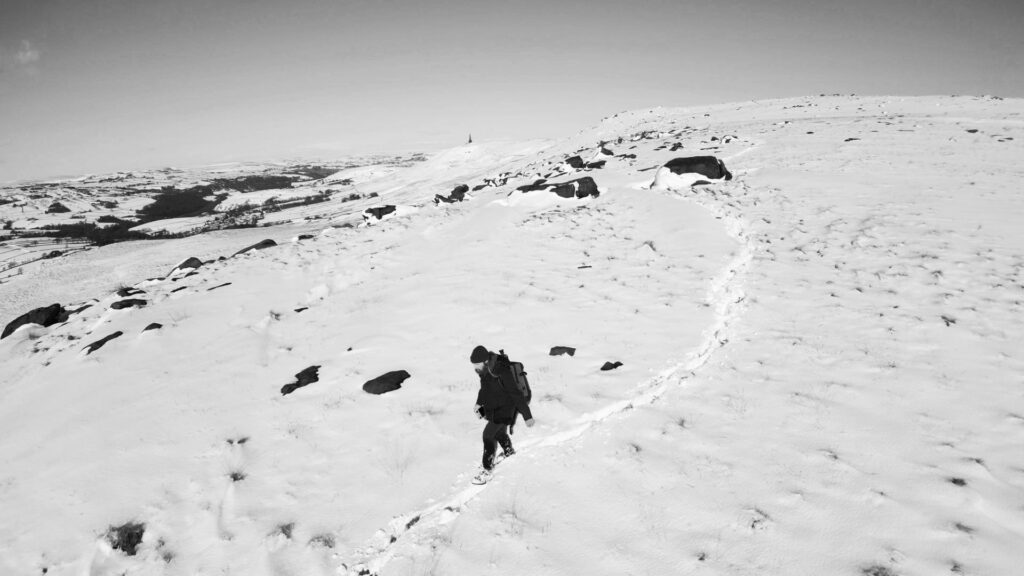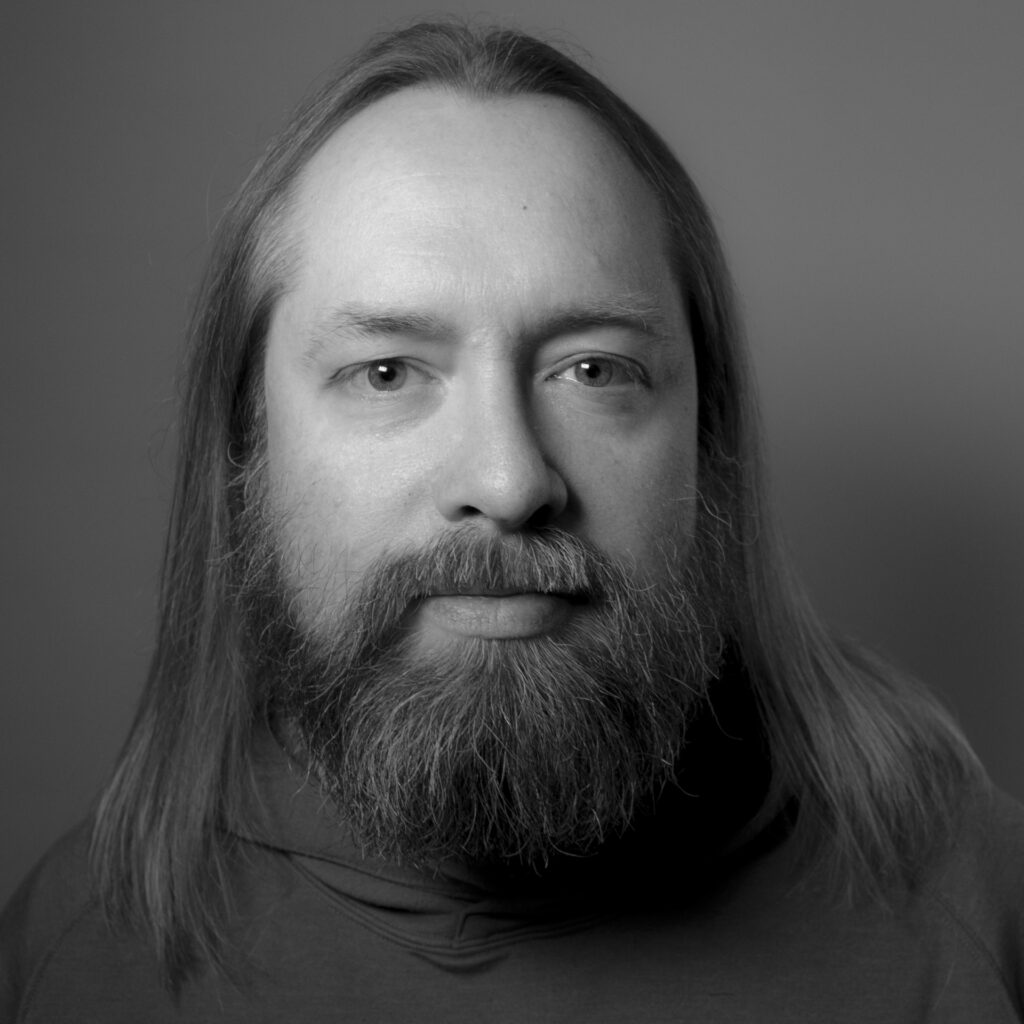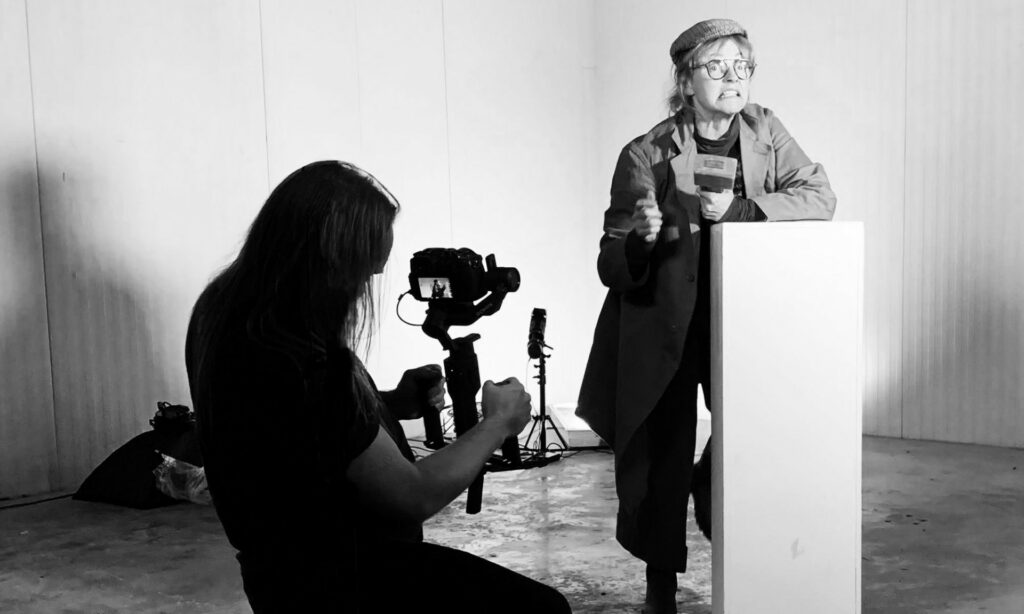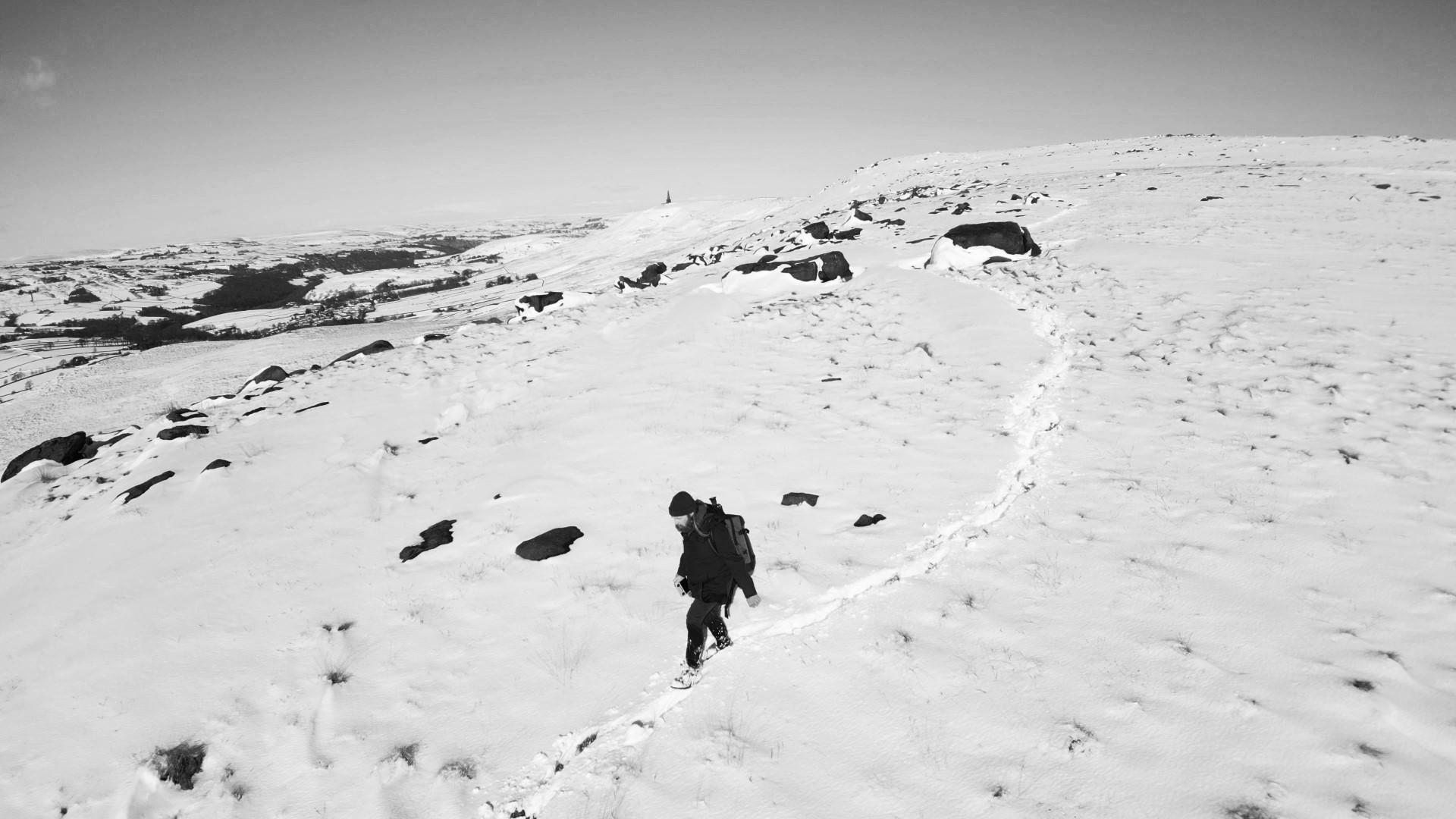
-Who is Harry Wheeler?
I’m a filmmaker, story teller and a dreamer or prehaps a better way to phrase it is, I’m a DreamWorker – I process my nighttime dreams and create Action Plans from these dreams, which lead me down unexpected but fulfilling paths in life and influence my approach to filmmaking and storytelling.
-What inspired you to become a Filmmaker?
Dreams. Dreams and films share many similarities, as both originate from the imaginal realm. This thought leads me to reflect: filmmakers essentially gift us their dreams. Having had vivid and surreal dreams throughout my life, I am compelled to try and capture and depict these experiences on film, in order to inspire and connect with others. Dreamwork challenges the boundaries of so-called rational reality and ventures into the mystical. You don’t need to subscribe to an organised religion to wonder if there might be more going on than the so called, day-to-day humdrum physical ‘reality’. Nighttime dreams are real experiences in consciousness, which are just as real as reading this text. Coming to terms with this and trying to integrate this within my work, provides me with a seemingly unlimited well of inspiration.

-Do you think the cinema can bring a change in the society?
Not on its own, no. Maybe cinema can capture or at the most, contribute and enhance, the prevailing spirit of the time, but the zeitgeist needs to exist first. When we wonder into a cinema our motivations tend to be to escape the waking world. The only way we will see effective change in society is if we all take up the responsibility to make proactive change within ourselves. I hope I can bring awareness of the power of working with nighttime dreams proactively throughout my work, but the expectation is more about positively affecting pockets of people, rather than changing the world, I think its important the we filmmakers stay humble, not that we shouldn’t try, but the powerful experiences and emotions experienced when watching cinema should not be confused with getting off ones ass and making real change in ones own life.
-What would you change in the world?
I would like to change our attitudes to our nighttime dreams and increase awareness that the sharing and processing of which can improve our mental health, make us feel heard and create nurturing connection. I’m currently working on a project which is a collaboration with someone who has passed and the community that he touched while he was alive. I’m hoping that this film will bond the community and serve as an example of alternative ways of grieving and dealing with death.

-Where do you see the film industry going in the next 100 years?
We are dealing with the birth of AI that has reached staggering heights of competency, some fellow filmmakers and cinematographers are rightly twitching their feet anxiously and wondering if they’ll have a job for much longer. I don’t blame them, however I remain hopeful. When digital music entered the market, the then dwindling vinyl sales started to increase, in-fact vinyl sales have seen the fastest growth rate this decade, compared to any other in the history of its existence. The more we go down the unlimited possibility route, the more we will be attracted to the limited and grounded ‘real’ physical reality. There will always be a place for the tangible and authentic in a world of limitless digital possibilities. A significant part of the joy in following artists ’careers comes from experiencing the unpredictable blossoming twists and turns of their careers, you’re never going to get that experience with an AI actor or director, because you’ll never be able to relate to AI. I once taught a film course in the naughties and told the participants that the rise of affordable film equipment would see an increase of powerful films, however that turned out to be totally naive and I stand by Herzog’s claim that only 3 or 4 really good films of any note are made a year. Big stories originate, somewhere far deeper than our technology will ever be able to reach.

